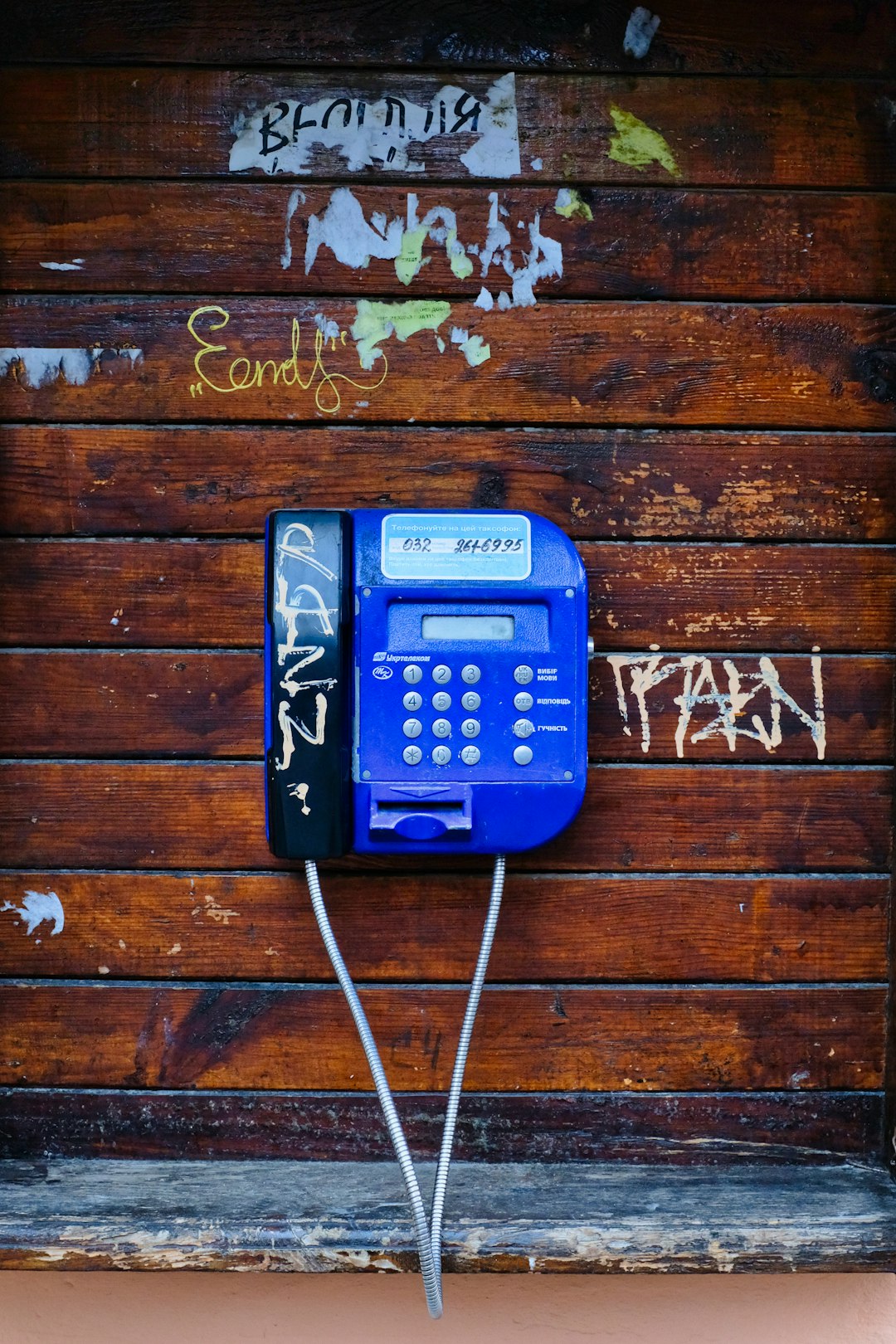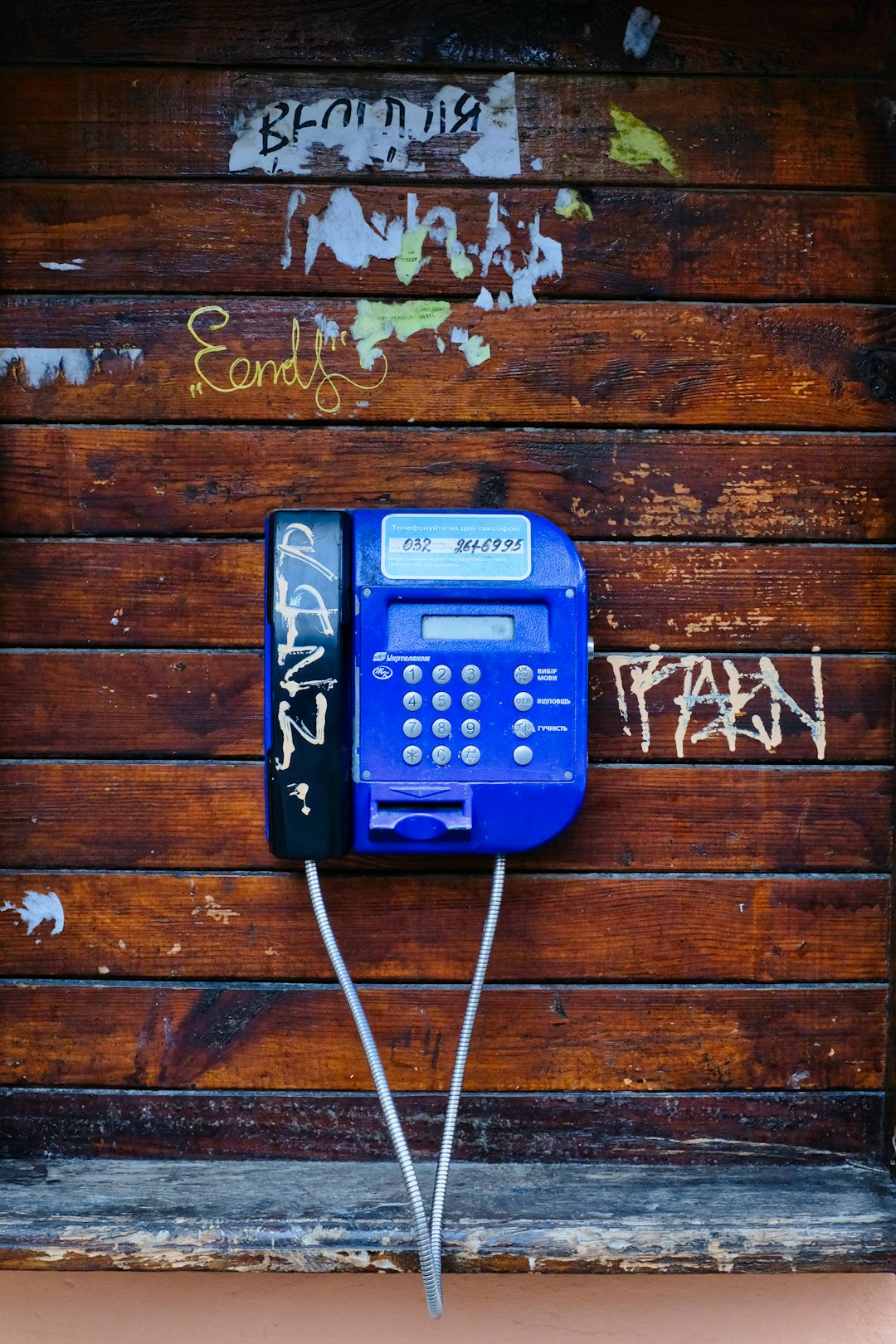Unwanted automated calls and text messages, or robocalls and spam texts, are a common problem in California, particularly San Francisco. The California Consumer Privacy Act (CCPA) and Telephone Consumer Protection Act (TCPA) protect residents from intrusive promotional messages. Californians can combat these spammy communications using device-based call-blocking features, reputable apps, and by consulting an experienced unwanted call attorney to navigate their rights and legal options.
In San Francisco, unwanted automated calls and text messages are a common nuisance. Discover how to reclaim your privacy by understanding the legal frameworks in place to protect you from spammy communications in California. Learn effective blocking techniques, explore useful apps, and consider consulting a unwanted call attorney for robust legal recourse against persistent intruders.
Understanding Unwanted Automated Calls and Text Messages

Unwanted automated calls and text messages are a common nuisance, especially with the rise of marketing and advertising strategies that rely on technology. These messages, often referred to as robocalls or spam texts, can be frustrating and intrusive, flooding your phone at all hours. In California, including the bustling city of San Francisco, residents have the right to protect themselves from these excessive and often illegal communications.
Understanding the source of these unwanted calls is the first step. Many businesses use automated systems to make mass calls or send texts to promote their products or services. Some legal purposes, such as emergency alerts or political campaign updates, also utilize this technology. However, when these messages become relentless and unwelcome, they can be considered a violation of privacy laws. An experienced unwanted call attorney in California can help navigate the regulations and protect your rights against persistent and illegal automated communications.
Legal Frameworks for Stopping Spamy Communications in California

In California, there are stringent legal frameworks in place to combat spammy communications, including unwanted calls and text messages. The California Consumer Privacy Act (CCPA) provides consumers with powerful tools to control their personal information and how it’s used. Specifically, the law gives residents the right to request that businesses stop selling or sharing their data for certain purposes, which can significantly curb automated messaging. Additionally, the Telephone Consumer Protection Act (TCPA) at the federal level offers further protection against robocalls and provides legal recourse for individuals who receive them.
Unwanted call attorney California can guide residents through these regulatory mechanisms, helping them exercise their rights to stop automated messages. By understanding the legal framework, Californians can take proactive measures to protect themselves from intrusive marketing practices and regain control over their communication channels.
Identifying and Blocking Automated Messages Effectively

Unwanted automated messages, often disguised as promotional calls or texts from unidentified sources, can be a nuisance and a privacy concern for residents of San Francisco. Effectively identifying and blocking these messages is a crucial step in reclaiming your phone’s peace and ensuring your personal information remains secure.
One effective method to stop automated messages is by using the built-in call-blocking features on your device or downloading reputable third-party apps designed for this purpose. These tools allow you to identify suspicious calls, often marked as “Spam” or from unverified numbers, and block them automatically. Additionally, registering with the National Do Not Call Registry is a legal requirement for California’s unwanted call attorney services, further curbing automated messages from reaching your phone.
Tools and Apps to Filter Out Unwanted Callers

In today’s digital age, unwanted calls from automated systems or so-called “spam calls” have become a pervasive issue for many San Francisco residents. While it might seem like an insurmountable problem, several powerful tools and apps are available to help you filter out these annoying interruptions. These technologies act as robust defenses against spam callers, providing much-needed peace of mind.
One effective solution is to invest in call-blocking apps that learn from your preferences. Many of these apps use machine learning algorithms to identify and block automated messages before they even reach your phone. Additionally, some apps offer advanced features like whitelisting contacts, allowing you to ensure only desired calls reach your device. For those seeking a more comprehensive approach, there are also paid services and software solutions that provide robust protection against unwanted call attorneys in California, ensuring a quieter and safer communication experience.
Taking Proactive Measures: Consulting a Attorney for Legal Recourse

If you’re tired of receiving unwanted automated calls, it’s time to consider your legal options. In California, there are strict regulations in place to protect consumers from robocalls, including laws that restrict when and how businesses can contact you. Consulting a qualified unwanted call attorney in San Francisco is a proactive measure you can take to assert your rights and stop these calls from reaching your phone.
An experienced lawyer can help you understand your legal recourse, file complaints with relevant authorities, and even pursue legal action against the culprits if necessary. They can guide you through the process of blocking numbers, registering on do-not-call lists, and seeking compensation for any damages incurred due to these intrusive calls.






